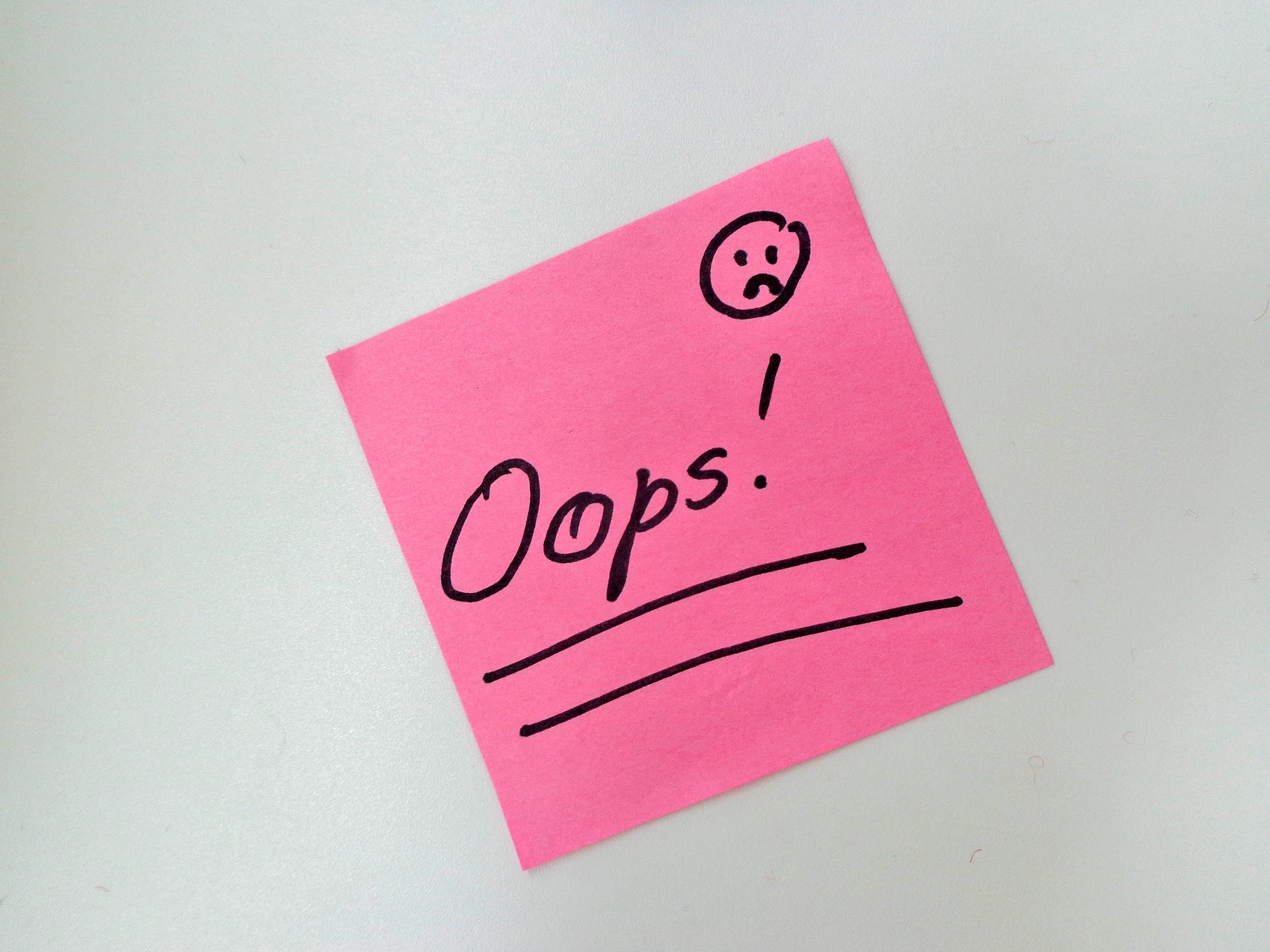In public relations, among other lines of work, things move fast, and rapid-fire communications is the only way to keep up. As a consequence, we’ve probably all said things in emails or texts that we shouldn’t have, or contacted the wrong person by mistake. I once sent an email about how to handle a somewhat finicky client intended for staff to the client herself. (Luckily it was limited to neutral information, but I always look twice now before pressing send.)
These mistakes are nearly always embarrassing and occasionally hilarious, adding to a social cottage industry around autocorrect fails, typos, and errant texts. But sometimes the results are serious. The most recent casualty is Democratic National Committee chairwoman Deborah Wasserman Schultz, who resigned after a wikileaks dump of hacked DNC emails showed she favored Clinton.
The DNC dump was the result of a hack, not human error, yet it’s a scary reminder of what we email on a regular basis. Just last month, an attorney helping former NFL quarterback Johnny Manziel fight domestic violence charges thought he was sending a text to his co-counsel when he expressed concerns that Manziel was back on drugs and his plea deal could be jeopardized. He sent the text instead to an Associated Press reporter. Oof.
Yet something similar happened to Trump spokesperson Hope Hicks earlier this year. She meant to email an RNC researcher about Clinton oppo research and instead sent the missive to a Politico reporter with the same last name. Blame autofill.
Such public mistakes are rare, but they show that we’d all be better off if we used email and texting more judiciously. The best advice, of course, is the adage that you should send something you wouldn’t want to see posted or published. Here are some other practical ways to minimize the risk of an email or text disaster.
Don’t use reply all. I almost never use it outside of internal emails. It’s worth the extra keystrokes to hit reply and manually add anyone else as a cc. Of course this isn’t practical when responding to large groups, but why reply back to a large group anyway? There’s nearly always a better way to weigh in.
Check out delay send. It’s worth activating a delay send email feature (offered by most providers), even if the delay is for just a few minutes. It’s also useful to build in a pause of several hours when sending non-urgent work-related emails late at night or over a weekend, so staff don’t feel unduly pressured. Some PR agency people like to send late-night client emails to show their dedication, but in many circumstances it can come off as unprofessional. And those emails are the most likely to be buried by the next morning.
Never use bcc in email. To me, it’s always risky, because if the person being blind copied doesn’t look carefully, he could respond openly and embarrass the sender. Take the extra step and forward instead.
Don’t reply in the heat of the moment. Replying emotionally is tempting, but it’s never a good idea. If you must, go ahead and draft that email, but save it instead of sending. Wait 24 hours and then send if you still feel you must. Like Marijane, I have a draft folder full of unsent emails, and most are better left that way.
Organize and separate sensitive contacts. It’s helpful to use a system that separates important or sensitive contacts like a boss, in-law, or ex-significant-other. Or, you can use an app that delays or requires an extra step for only those contacts for both emailing and texting.
Check out “unsend” apps. Most people know that gmail offers a delay function that lets you catch errant emails within a few minutes after sending. But there are also apps that work to “undo” accidental (or inebriated) texts and even remove them from the recipient’s phone.
Don’t use work email for personal stuff. And if you do, delete it from both your inbox and your sent folder (which few people think about), and be sure to empty your trash folder. Any employer who has gone through an ex-staffer’s emails after his departure can tell you there’s always something that you wish you had never seen. (At my previous agency, the IT manager found a digital trail of kinky porn and explicit emails about other staffers on a fired employee’s desktop. I still feel uncomfortable when I run into this person.)
So, what do you do, when, despite best efforts, the bad email or text goes out anyway? Typically we have two choices: convey a swift and sincere apology; or, laugh about it. For most email disasters, the best remedy involves a bit of both.

